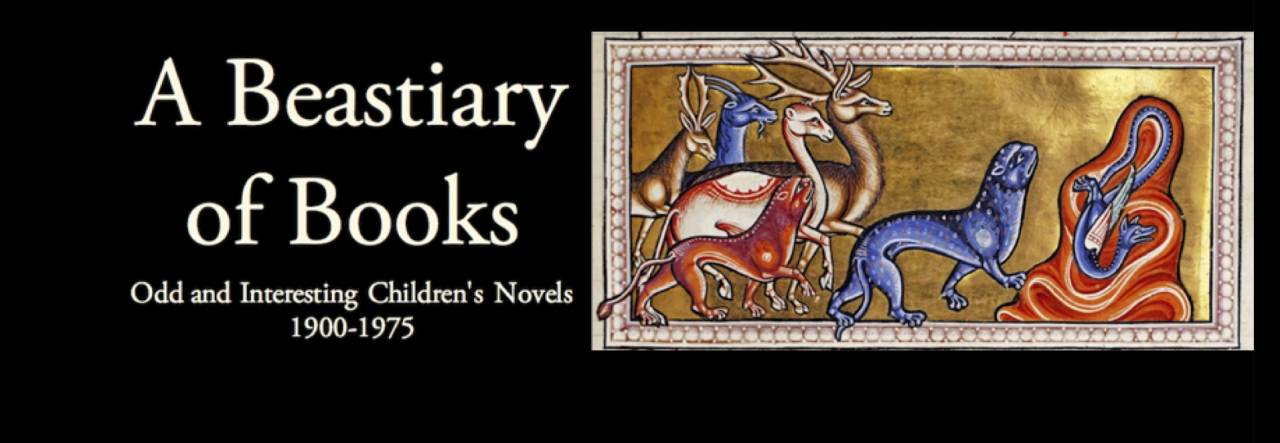 Well, friends, I’ve avoided it long enough. We need to talk about Narnia.
Well, friends, I’ve avoided it long enough. We need to talk about Narnia.
Laura Miller, author of The Magician’s Book, describes it this way:
In one of the most vivid memories from my childhood, . . . I’m wishing, with every bit of myself, for two things. First, I want a place I’ve read about in a book to really exist, and second, I want to be able to go there. I want this so much I’m pretty sure the misery of not getting it will kill me. For the rest of my life, I will never want anything quite so much again. The place I longed to visit was Narnia.
That pretty much accords with my own experience. My fourth grade teacher (who was a huge Narnia fan) read the books aloud to us during after-lunch read-aloud time. (Do teachers even do that any more? If not, what a loss!)


I fell desperately in love with the fauns and the dryads, the waterfalls and green meadows and forests, the midnight dances, castles, feasts, and most of all the sense of emotional purpose. The dullness of public school, 1970’s fashion, barren southern California, ugly architecture in the newer parts of my town, and worst, peers who seemed to want nothing beyond this, made me despair for anything worth having in life. I would have disappeared into Narnia if I could.
What is it about Narnia that had this kind of effect on so many imaginative, bookish children? There are many, many fantasy books out there, but relatively few inspired the kind of urgent devotion that Narnia did.
And then, also, how did C.S. Lewis manage to create this and yet go so badly wrong? And more unnervingly, are those two things not a contradiction, but intimately intertwined? Was Lewis’s beautiful vision inextricable from–in some ways born from–his twisted authoritarian values and his fixation on suffering as noble?
Laura Miller explores these issues in The Magician’s Book, which I avoided reading until recently because I feel like way too much ink has been spilled about the Inklings, and about Lewis in particular — most of which seems to willfully miss what’s really going on. But Miller nails it. She and I differ on a few points. Her path to discovering she’d been betrayed by Narnia was very different from mine; and she gets a little too literary-analysis-woo-woo for me in a couple of places. But for the most part she is level-headed, insightful, and merciless.
I’ll have much more (perhaps too much more!) to say in future posts, but in the meantime I highly recommend The Magician’s Book for anyone who gets what I’m talking about in this post.

Pingback: Narnia: How to tell kids about symbolism – A Beastiary of Books
Pingback: Prince Caspian – A Beastiary of Books
Found you some more folk who dislike Narnia
LikeLike